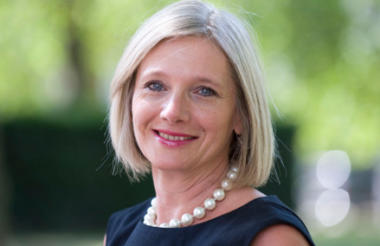The Charity Commission has published the final version of its guidance setting out how charities should handle relationships with connected entities such as funders, public bodies and trading subsidiaries.
Today the Commission said that the new guidance is needed because concern about the relationships between some charities and non-charities has damaged public confidence.
It said the guidance does not contain any new rules or regulations, but brings together relevant law and practice.
Helen Stephenson, chief executive of the Charity Commission, said: “As regulator, we want charities to thrive and inspire trust, and we know relationships with non-charitable organisations can help a charity deliver on its purposes. But operating alongside other organisations should always be well-considered and trustees must manage the risks that can arise carefully, and with probity.
"Charities hold special status in society and the public rightly have high expectations of them, including that they are driven only by their charitable mission and purpose and that they work to defend and promote their independence from non-charitable organisations at all times.
"No charity should ever use or be used by non-charitable organisations to pursue uncharitable interests.”
Draft guidance was first published in February 2018 and the consultation closed in May.
Sector bodies urged the regulator to make changes to avoid discouraging campaigning activity, lessen the burden for charities which operate shops through a trading subsidiary and consider the implications for corporate foundations.
In August the regulator published an analysis of the feedback and said it planned to make changes and publish the final version by the end of the year.
Simon Steeden, partner at the law firm Bates Wells, praised the way the Commission has handled the consultation process, but said there are still concerns about some of the content of the guidance.
He said: “This was a model consultation process – the two case officers leading the consultation really listened to extensive feedback from the sector and sought to understand the diversity and complexity of the charities affected. I would urge the Commission to adopt this for other advice and guidance - it contrasts sharply with the issuance of the recent regulatory alert for charitable think tanks, for example.
“On the content, I am concerned that some aspects remain impractical, and the guidance raises a high bar for documentation governing the relationship between a charity and connected non-charity. But the Commission has helpfully recognised more of the benefits that can come from these relationships, and has removed many of the most unworkable aspects of the original draft.”
|
Related articles












